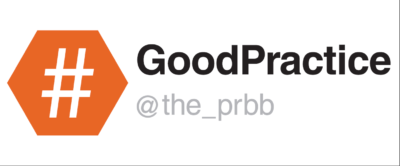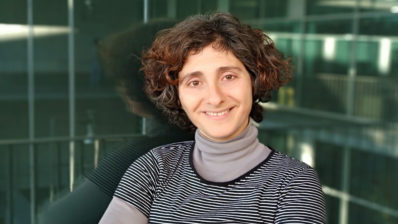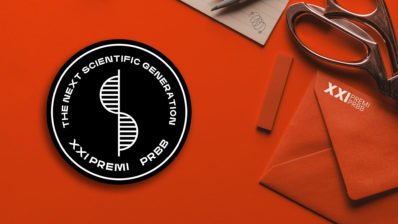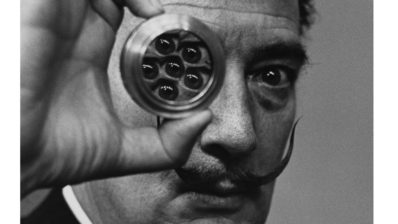Trust in science is threatened by poor research practice. As reports of integrity issues escalate worldwide, efforts to positively influence practice need to focus on all levels of the system. Encouraging grassroots conversations on integrity amongst scientists could increase transparency and generate systemic cultural change.

The World Café on Publication Integrity of the Barcelona Biomedical Research Park (PRBB), organised by the Good Scientific Practice group in September 2017, aimed to offer a space for just such a conversation. The World Café method invites participants to share perspectives on a common concern, as equals. Fruitful dialogue emerges when people connect with openness, and barriers of seniority, discipline, and expertise are removed.
42 participants (33% principle investigators) from the 6 PRBB centres came up with a myriad of ideas for how individuals and the community can create positive change that promotes integrity. Strong themes were the need for constant awareness-raising, and honesty about the messiness of the scientific process –excellent science emerges from transparency not perfection.
Participants were impressed with how the World Café initiated new thinking, with 94% finding it useful and 89% saying it should be repeated. El·lipse asked some of them to share their reflections.

“Participating in the World Café was a very enriching experience. The space was welcoming and enjoyable to be in. I imagine this was the organisation’s aim as the environment in which such an event takes place is key to how well it works. Scientific integrity is both relevant and probably little discussed by many researchers. The World Café was the perfect excuse to put the subject on the table and reflect on it together. The additional advantage was that there were people there from different centres at the PRBB and different work categories and levels of seniority, which especially enriched the conversation.”

“For me, one of the main conclusions of the World Café discussion was that we can all contribute to a cultural change in our institute with regard to research integrity, by openly acknowledging research as a whole and not only publishable data. Presenting negative data, brainstorming about inconclusive results, and even questioning each other’s research hypotheses and approaches might help limit frustration and thus the potential for data falsification.”

“The most memorable aspect of participating in the PRBB World Café on Scientific Publication Integrity was the number of ideas and proposals that were generated from a constructive, dynamic, and well-organised debate. The fact that there were researchers from various disciplines with different levels of experience and roles within the PRBB was key to this success.”

“One of the barriers that discourages scientists from engaging in conversations on research integrity might be the perception that scientific integrity is secondary to career advancement. Overcoming this barrier would mean making scientific integrity an integral part of career evaluation and higher-education training, sending the message that good and honest science should be the only way to advance a career in science.”
The final report from the World Café on Publication Integrity (PDF) summarises the main themes and also gives suggestions for how Centres might take steps to encourage the growth of a culture of integrity.







